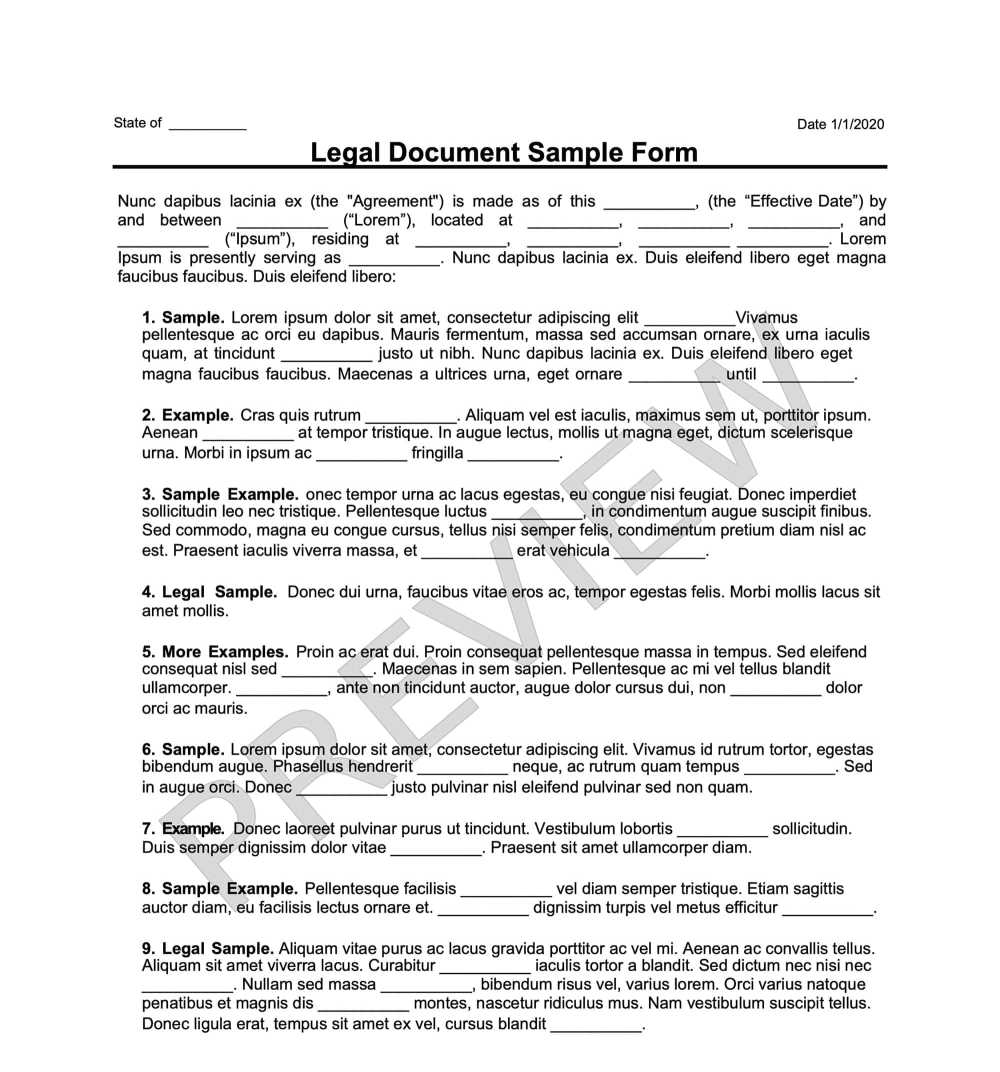Employment At Will Agreement
The Employment-At-Will Agreement is a type of contract that clearly states that the employer can dismiss their employee at any given time and for any reason.


Frequently Asked Questions
Instituting a probationary period is a common practice of many employers when hiring new employees. For that amount of time, usually three months, but sometimes more, an employer is to evaluate the employee's performance before offering them a long-term position. During this time, both the employee and the employee assess whether they are the right fit for each other. After the probationary period is over, the employee does not have an obligation to hire the employee if they are not satisfied with their performance, and they can do so without incurring workers’ comp charges.
There are four different occasions where at-will agreements could be dismissed by a court of law. The first is there is a collective bargain agreement and such that prevent termination or resignation at will. The second is the Implied Contract, but it is on the employee to prove its existence. The third exception is Good Faith and Fair Dealing invoked when an employer is to terminate an employee without paying benefits or incurring other charges. Finally, if the agreement goes against public policy, it could be considered invalid.
Even after an employer terminates the Employment-At-Will Agreement, the employee has certain rights. The first is the statutory right to file for unemployment benefits. Keep in mind that you can still be eligible for unemployment even if you resign, which may vary by state, and you may have to show cause. If you were terminated for discrimination of any kind, you also have the right to sue your former employer.
An employee handbook is a written staff manual that outlines the company's values and principles. It also explains what sort of conduct is expected of the employees and what is considered misconduct. It is a type of booklet and offered to every new employee to get better acquainted with the company's culture. In the employee handbook, it's also often outlined that the employees are there at will and they can leave or be asked to leave at any time and for any reason.
If you lost your job for your gender, religion, race, sexual orientation, pregnancy status, whistleblowing, disability, or nationality, you might have grounds to sue for compensation under the law. The first step would be to hire an attorney who can help you assess the situation better and advise you on how best to proceed.




